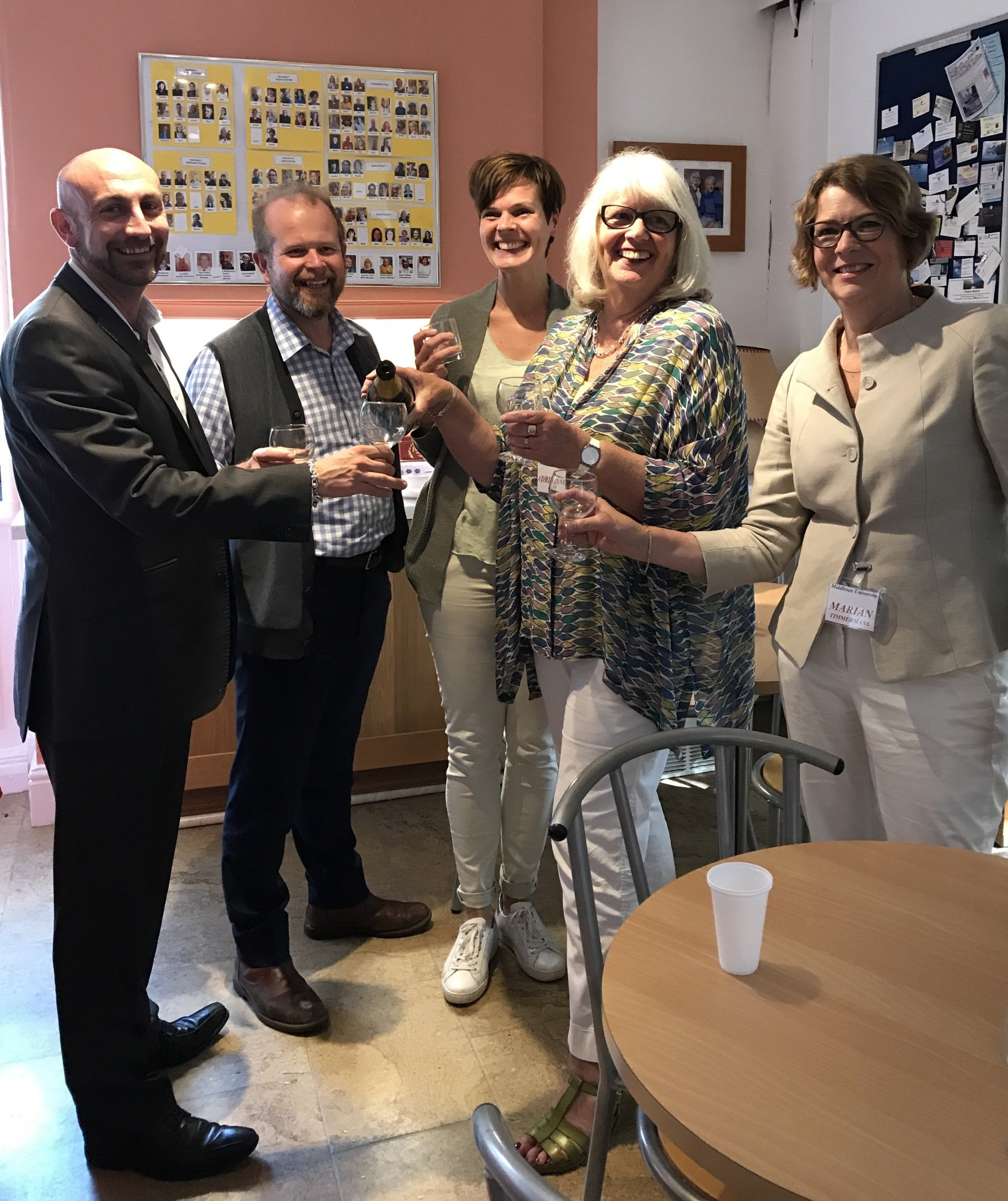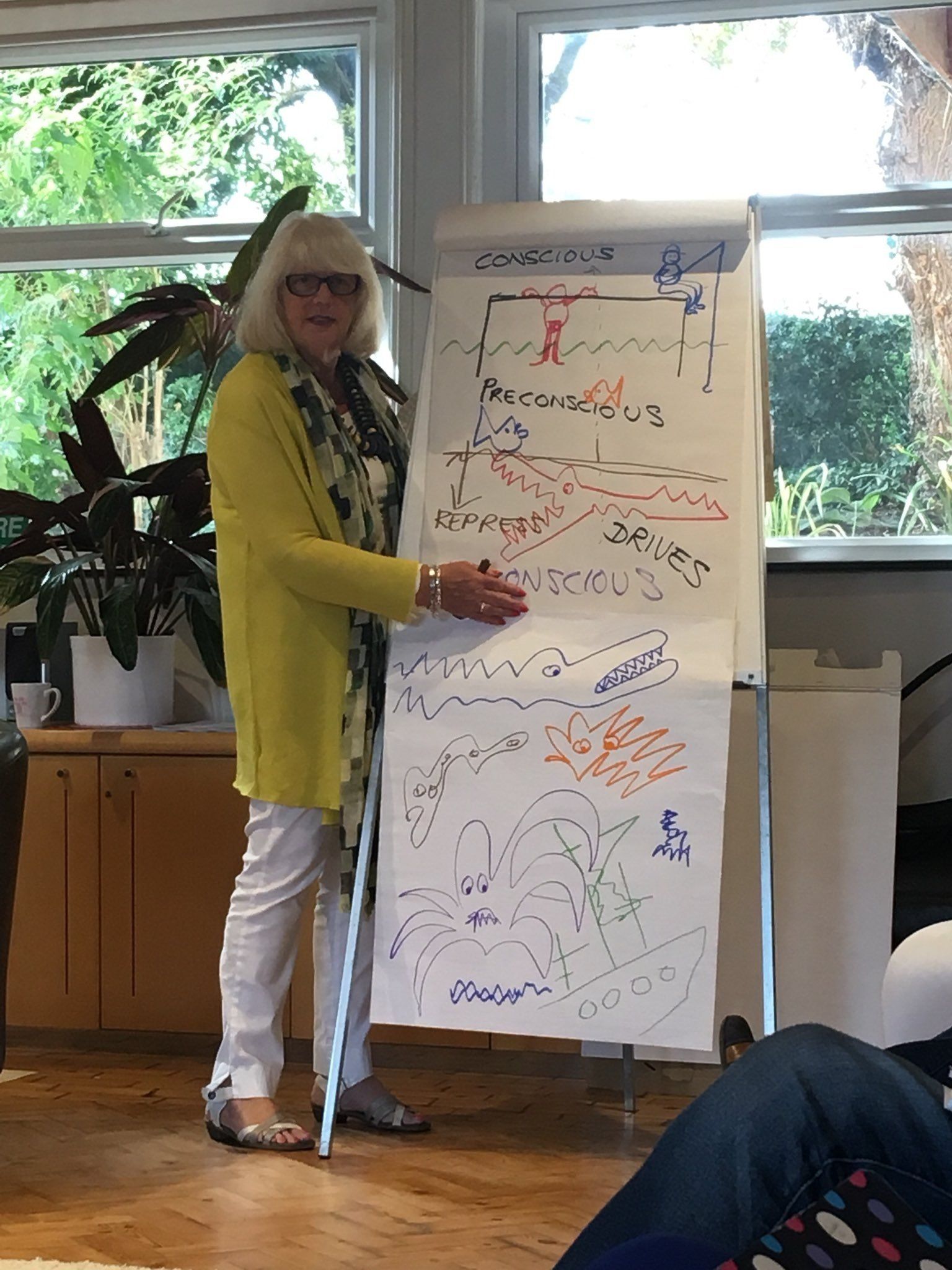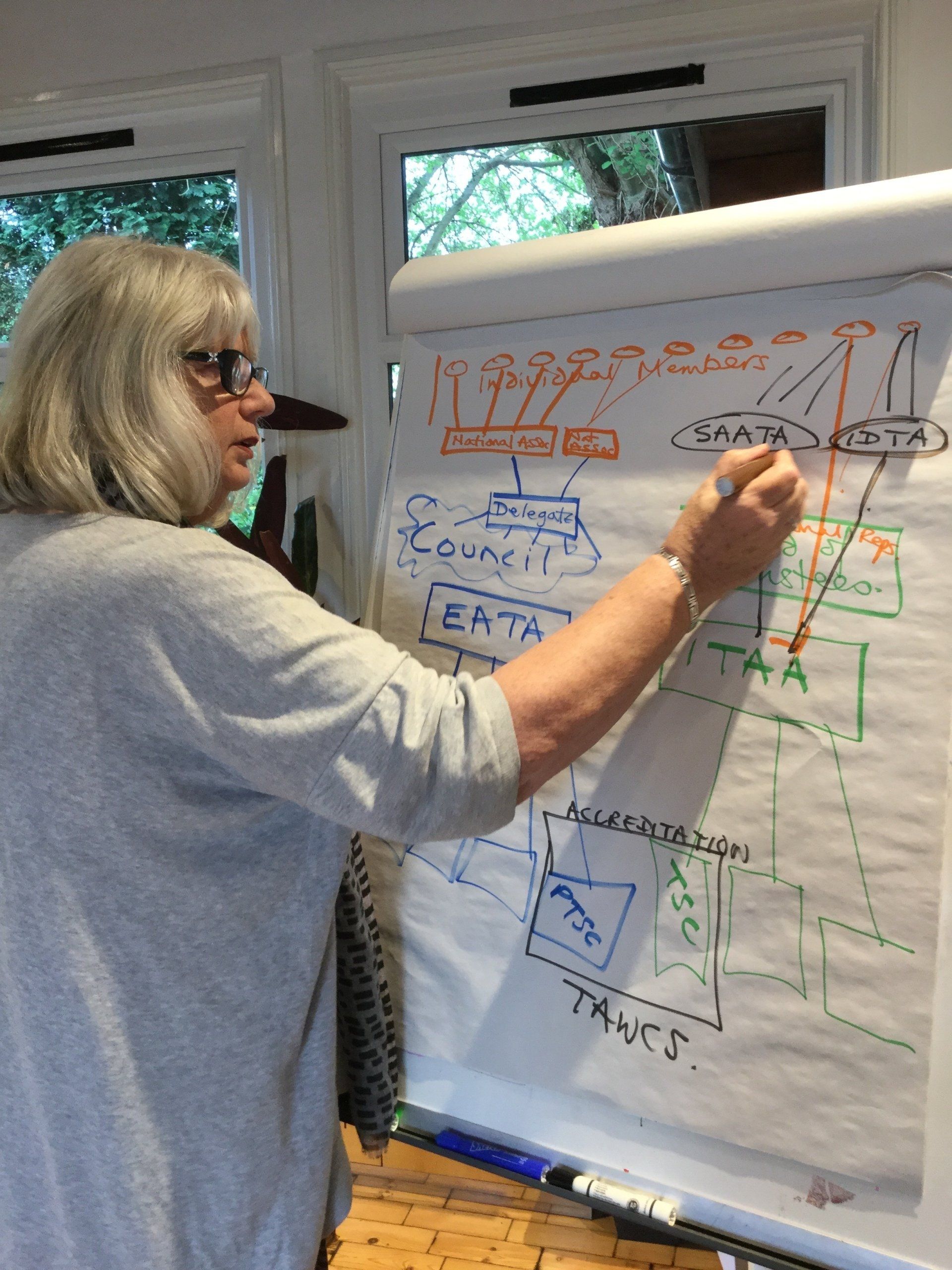Master of Science in
Transactional Analysis Psychotherapy
(MSc TA)
About the Course
Work for the Masters’ degree is closely integrated with the framework of training and examination for accreditation as Certified Transactional Analyst (CTA). MSc students follow our existing well-established TA Psychotherapy training course (ten weekends per year), which leads to the CTA examination. The final written and oral examinations for the CTA are also the final examinations for the award of the MSc. Students on the Masters’ course will also have a number of written assignments formally assessed as they progress through the course.
-
Who is it for?
The course is aimed at those professionals who wish to study for a higher degree in TA.
-
Qualifications and Accreditation
The Masters’ degree is validated and quality assured by Middlesex University. You will receive a Middlesex MSc award on successful completion and can attend the Graduation Ceremony at the university.
-
Course Content
Academic assignments, theory and client based, are required over the course of 4 or 5 years following topics from the 4 required modules:
Module 1: Problem Analysis, diagnosis, and intervention planning
Module 2: Practical Applications of TA Theory
Module 3: Comparative Approaches and Schools in TA
Module 4: Modes and Models of Intervention and Change
-
Eligibility and Entry
The intake point for new applicants to the MSc taught course is in September of each academic year. If you are new to TA studies, your entry point is likely to be in the Foundation Year. If you have already completed some TA training, you may be eligible to enter the course in a more advanced year. All admissions are by interview.
Summary
Course Cost
Fees 2023/24
£7600
Course Dates
Dates 2023/24
See TA Advanced Training page for training dates
Tutors
Adrienne Lee TSTA(P)
John Heath TSTA(P)
Frances Townsend TSTA(P)
Our Core Philosophy
At The Berne Institute we recognise that people come into TA training with widely differing experiences of clinical practice, theoretical knowledge and formal academic learning, and that they differ widely also in their current personal resources and skills. Our courses therefore honour the uniqueness of each individual’s learning and experience and their different learning styles, pace and areas of competence.
The philosophy and practice of Homonomy that respects our mutuality and interconnectedness has been recently integrated into the Berne Institute philosophy. The aim is to expand the focus in our theory and practice from individual change to include a focus on the wider implications of our work on the whole community and our planet.
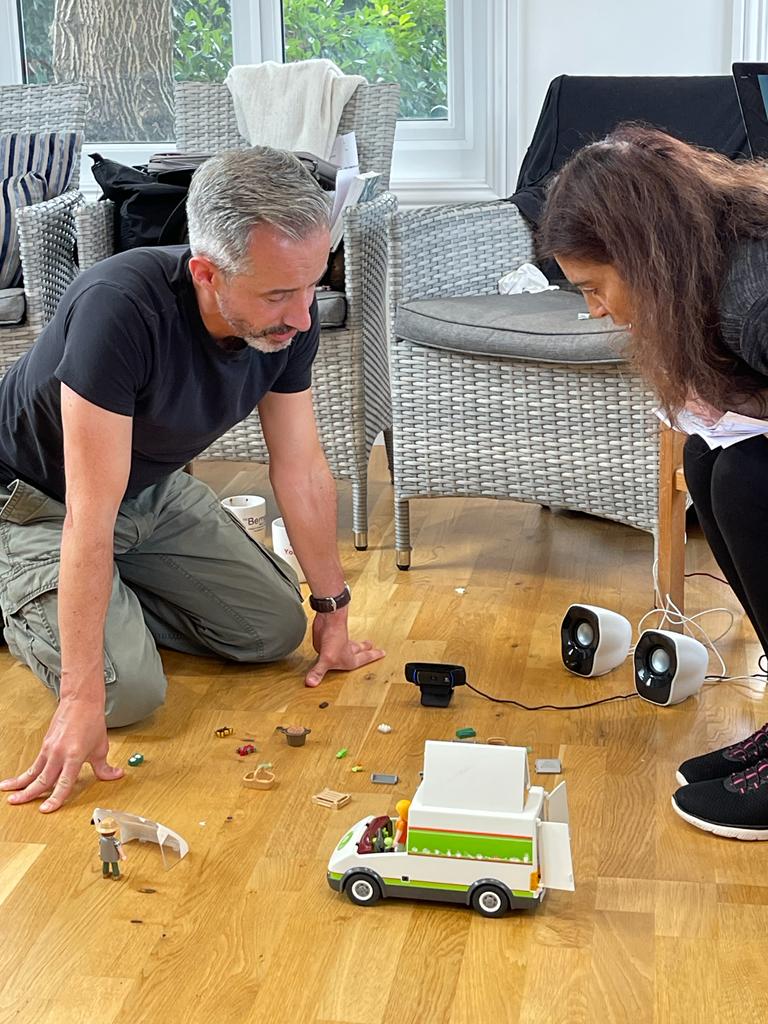
Slide title
Write your caption hereButton
Slide title
Write your caption hereButton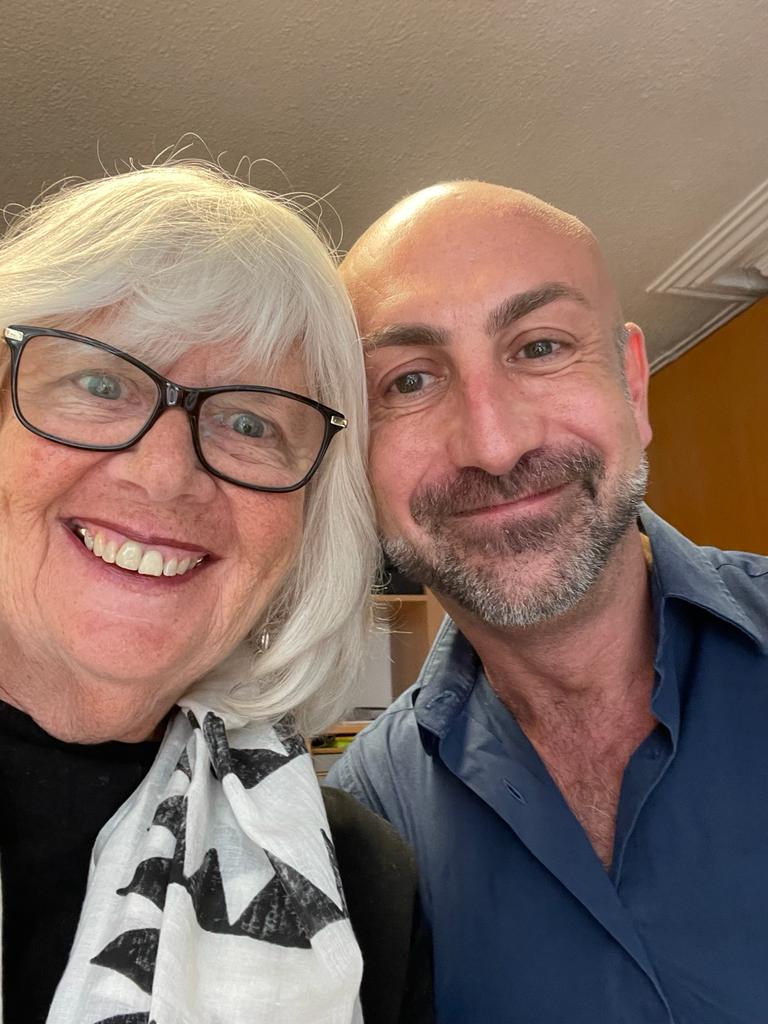
Slide title
Write your caption hereButton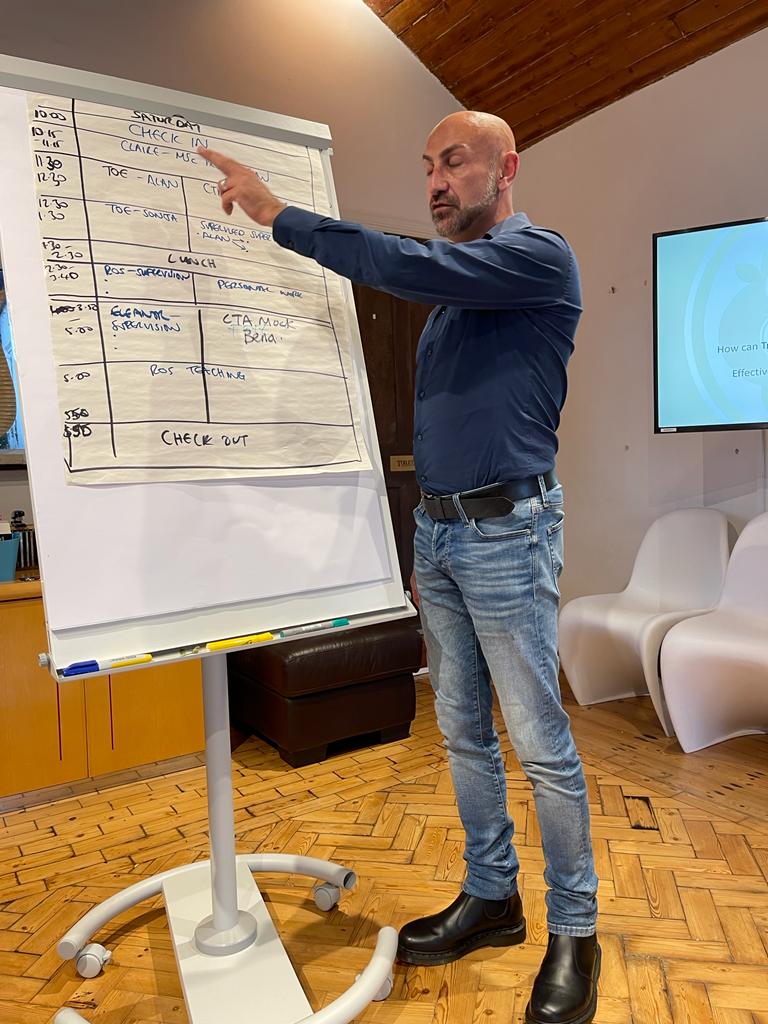
Slide title
Write your caption hereButton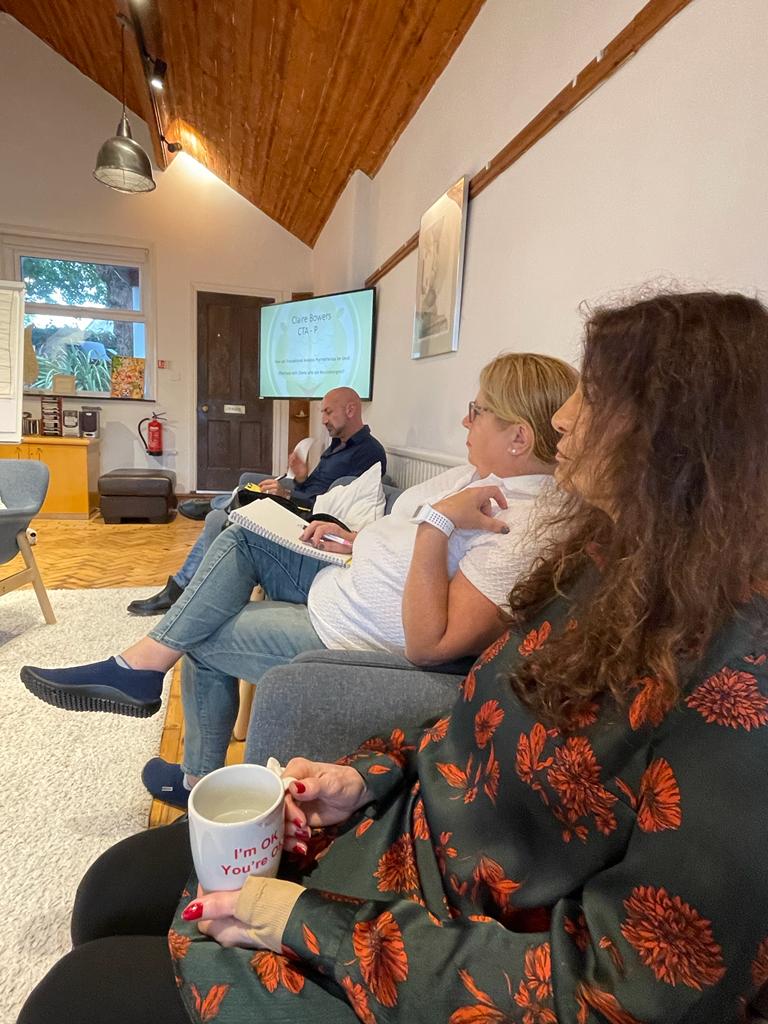
Slide title
Write your caption hereButton
Slide title
Write your caption hereButton
Slide title
Write your caption hereButton
Slide title
Write your caption hereButton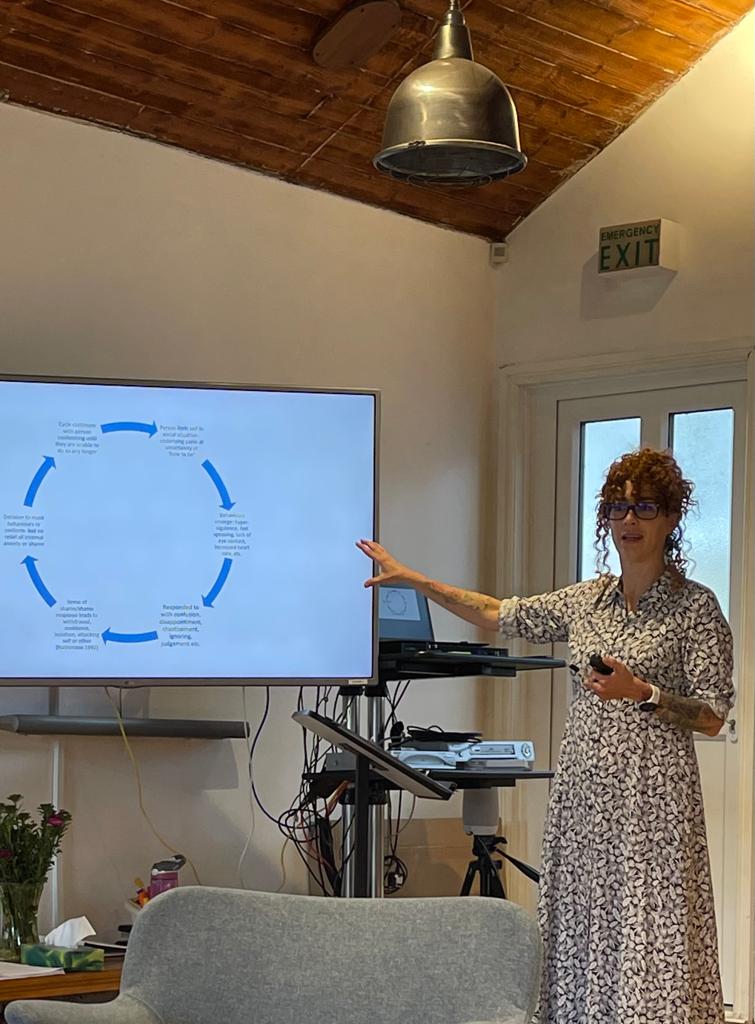
Slide title
Write your caption hereButton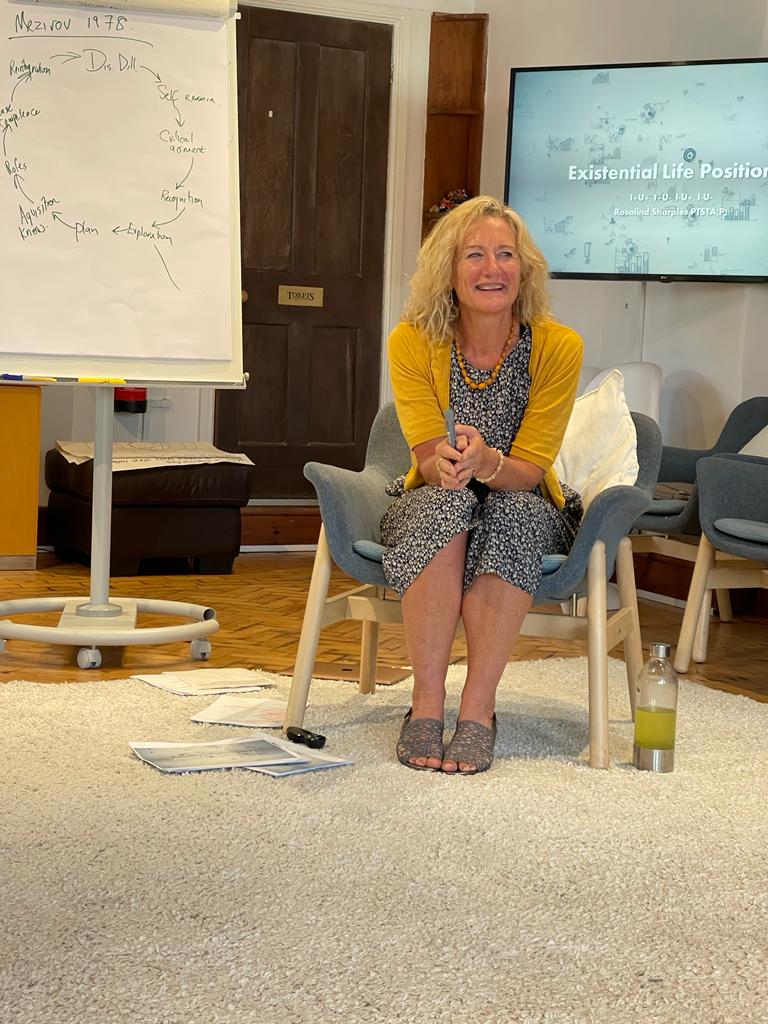
Slide title
Write your caption hereButton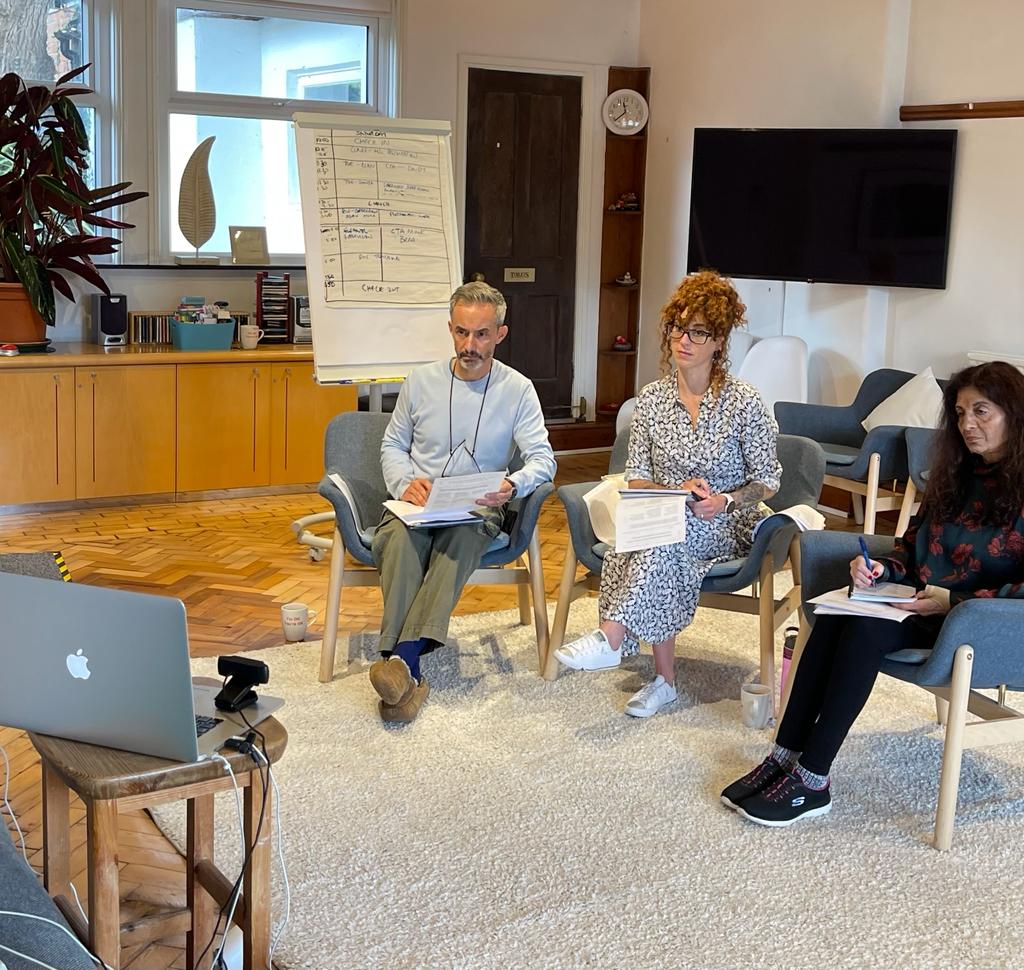
Slide title
Write your caption hereButton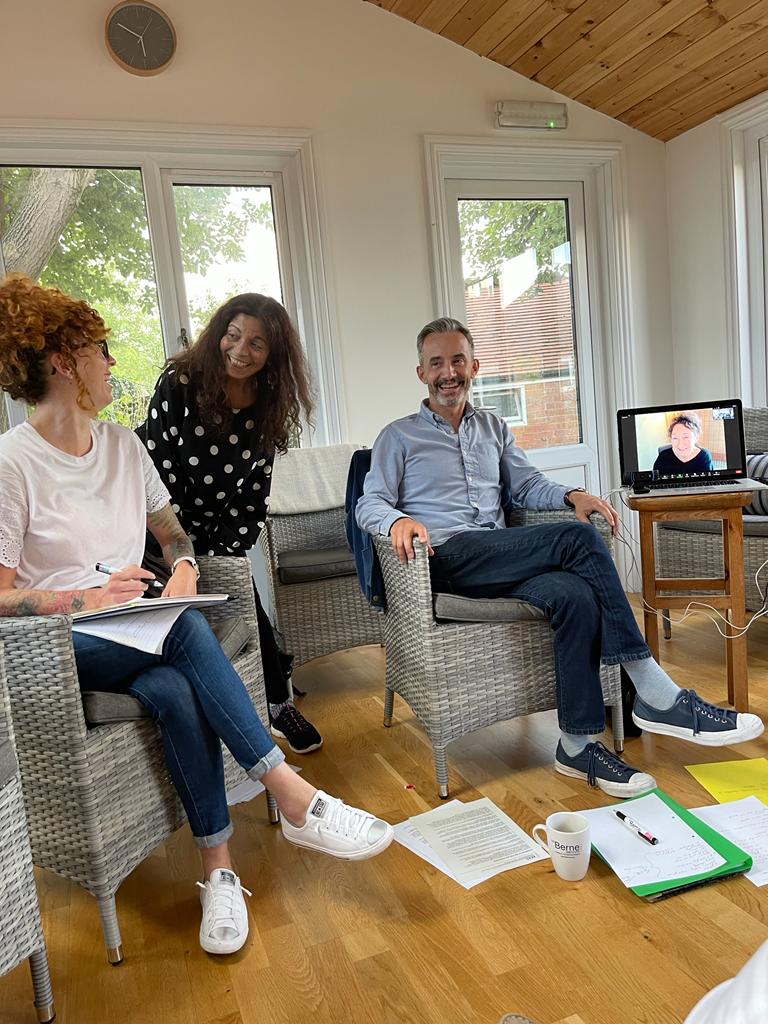
Slide title
Write your caption hereButton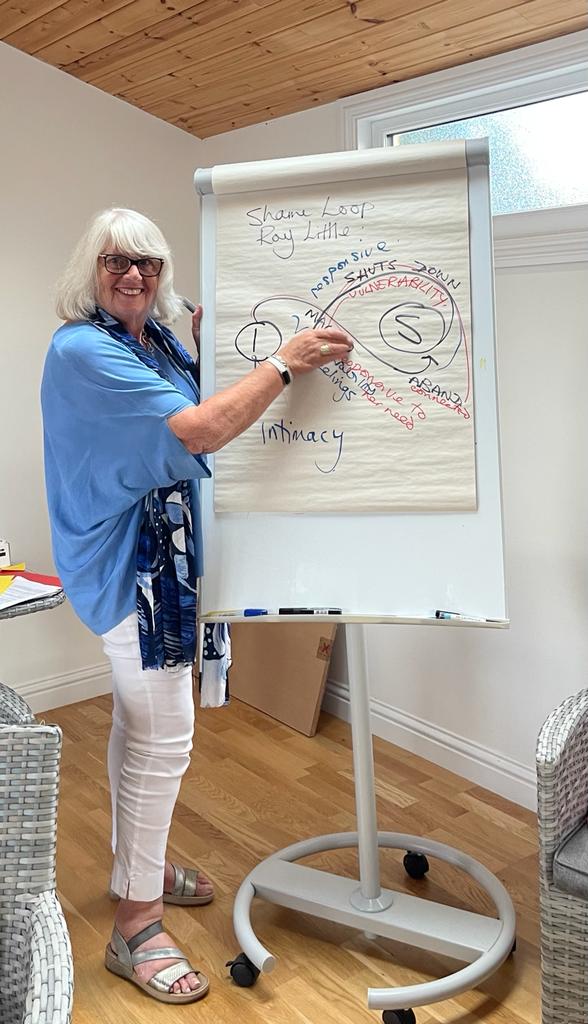
Slide title
Write your caption hereButton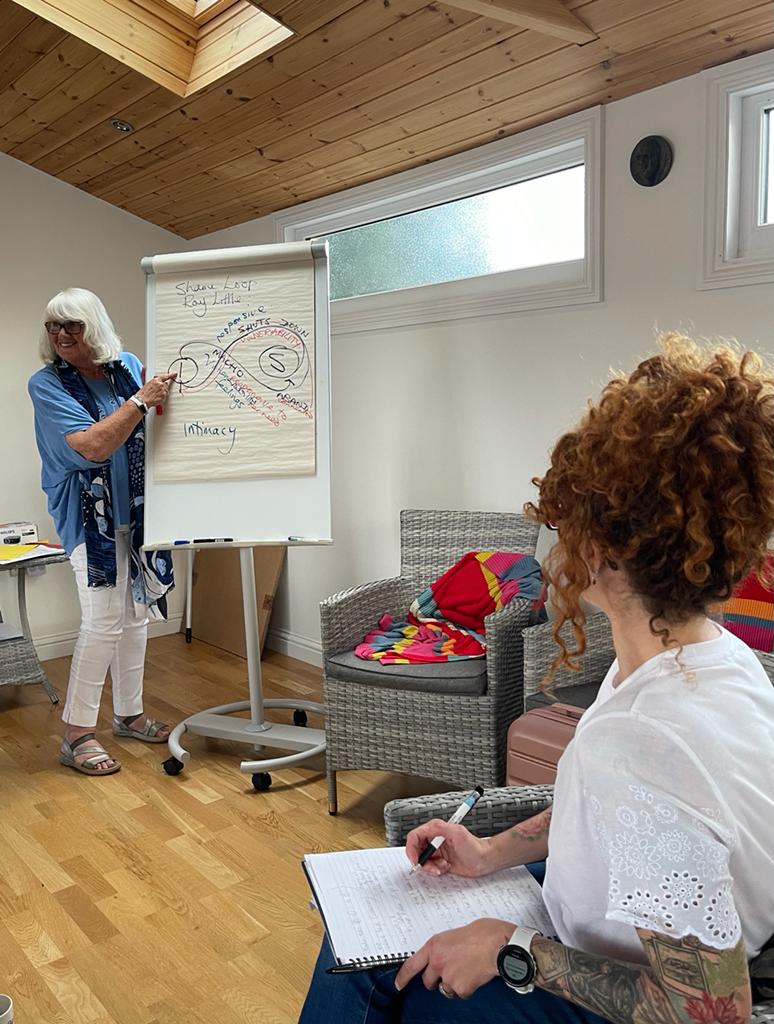
Slide title
Write your caption hereButton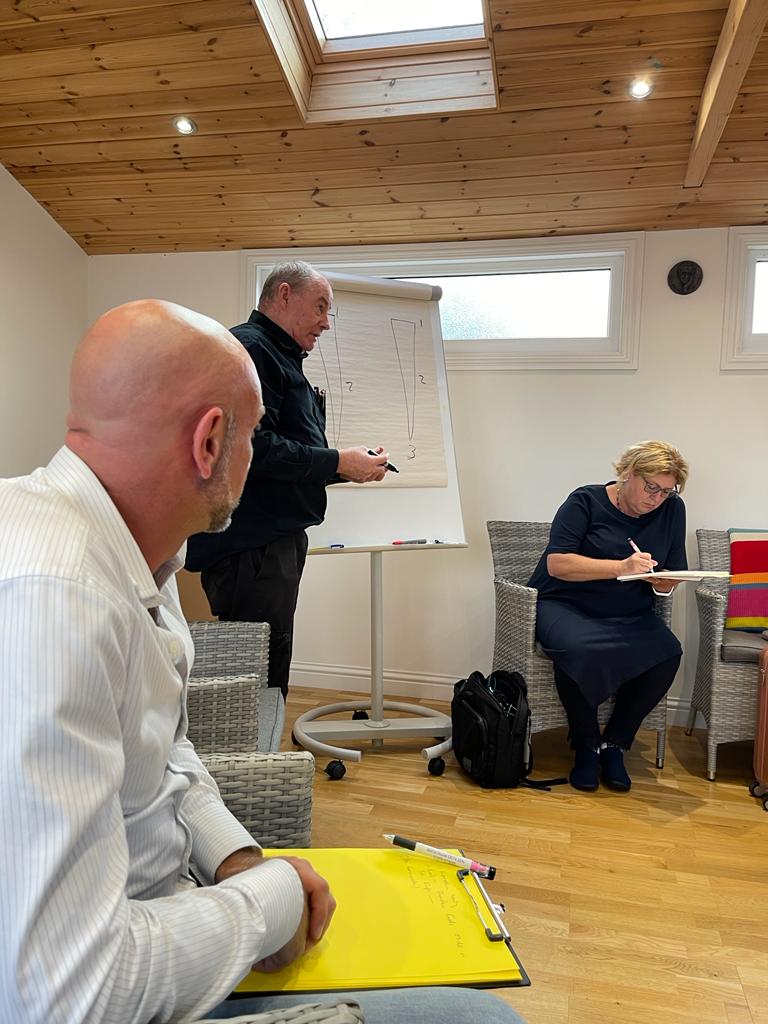
Slide title
Write your caption hereButton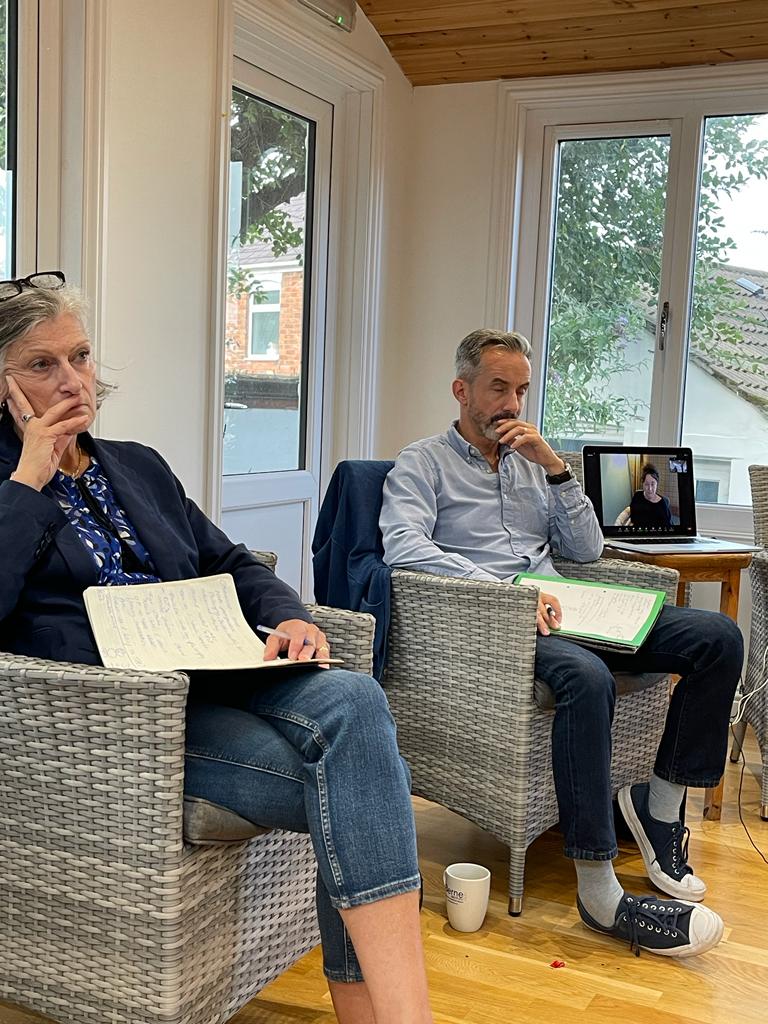
Slide title
Write your caption hereButton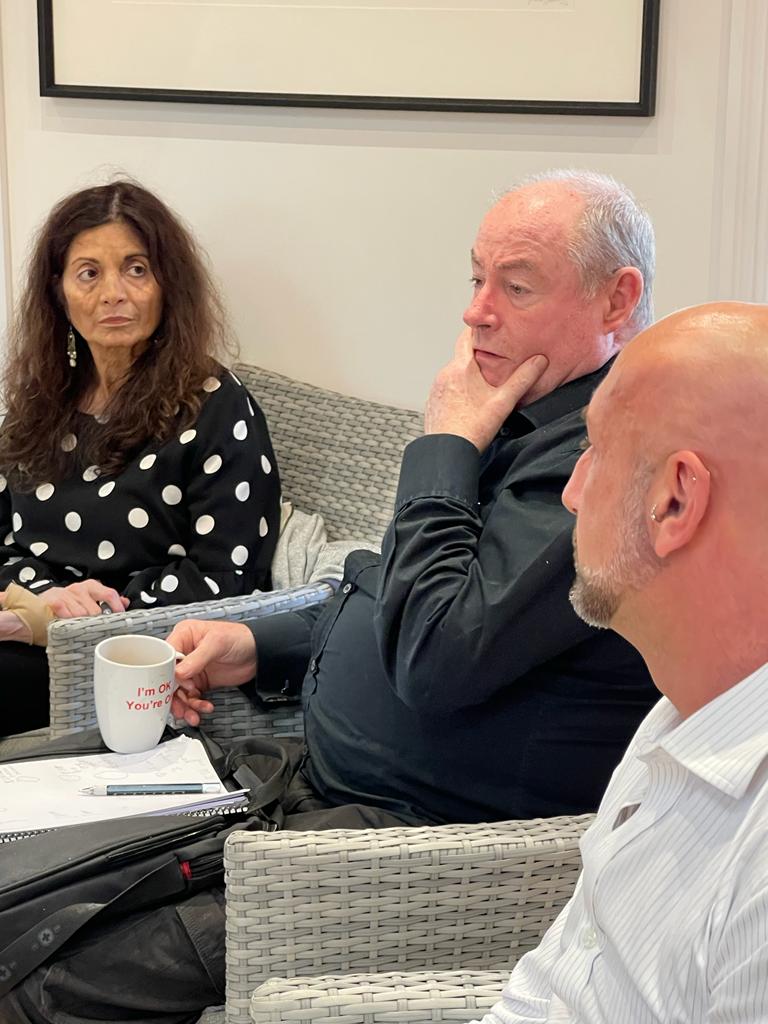
Slide title
Write your caption hereButton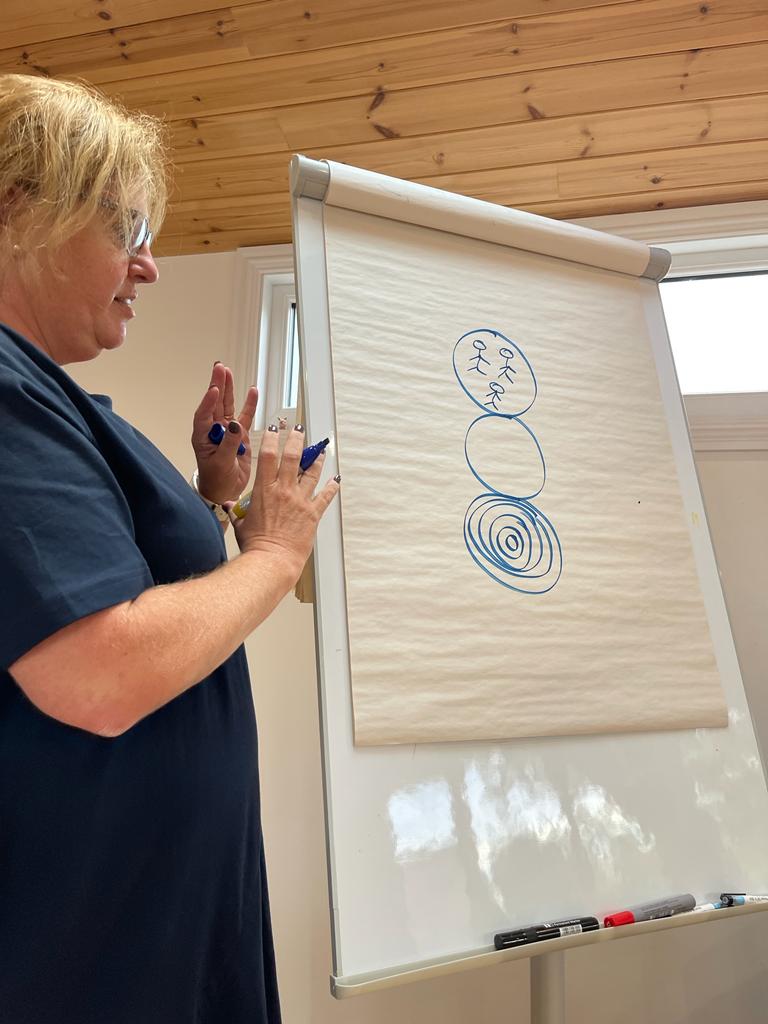
Slide title
Write your caption hereButton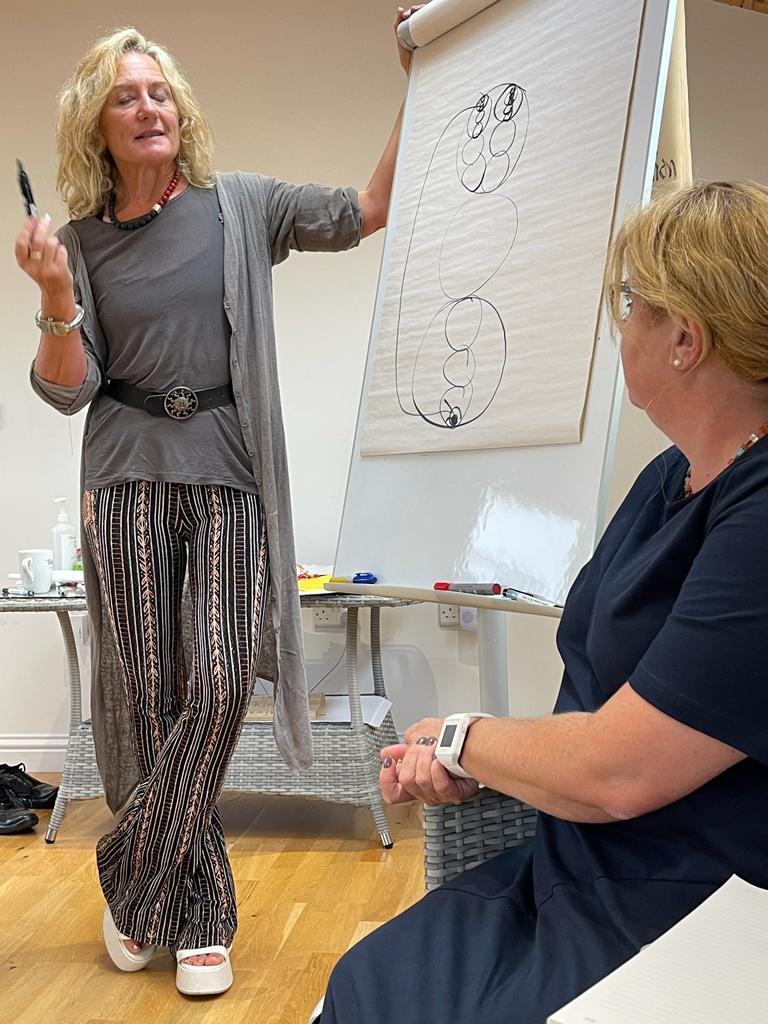
Slide title
Write your caption hereButton
Slide title
Write your caption hereButton
Slide title
Write your caption hereButton
Slide title
Write your caption hereButton
Slide title
Write your caption hereButton
Slide title
Write your caption hereButton
Slide title
Write your caption hereButton
Slide title
Write your caption hereButton
Slide title
Write your caption hereButton
Slide title
Write your caption hereButtonSlide title
Write your caption hereButton

Slide title
Write your caption hereButton
Slide title
Write your caption hereButtonSlide title
Write your caption hereButton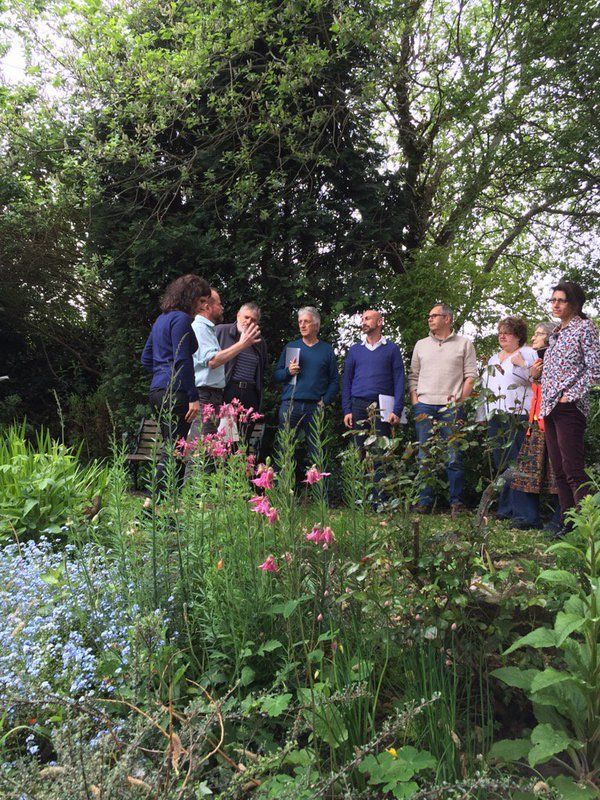
Slide title
Write your caption hereButton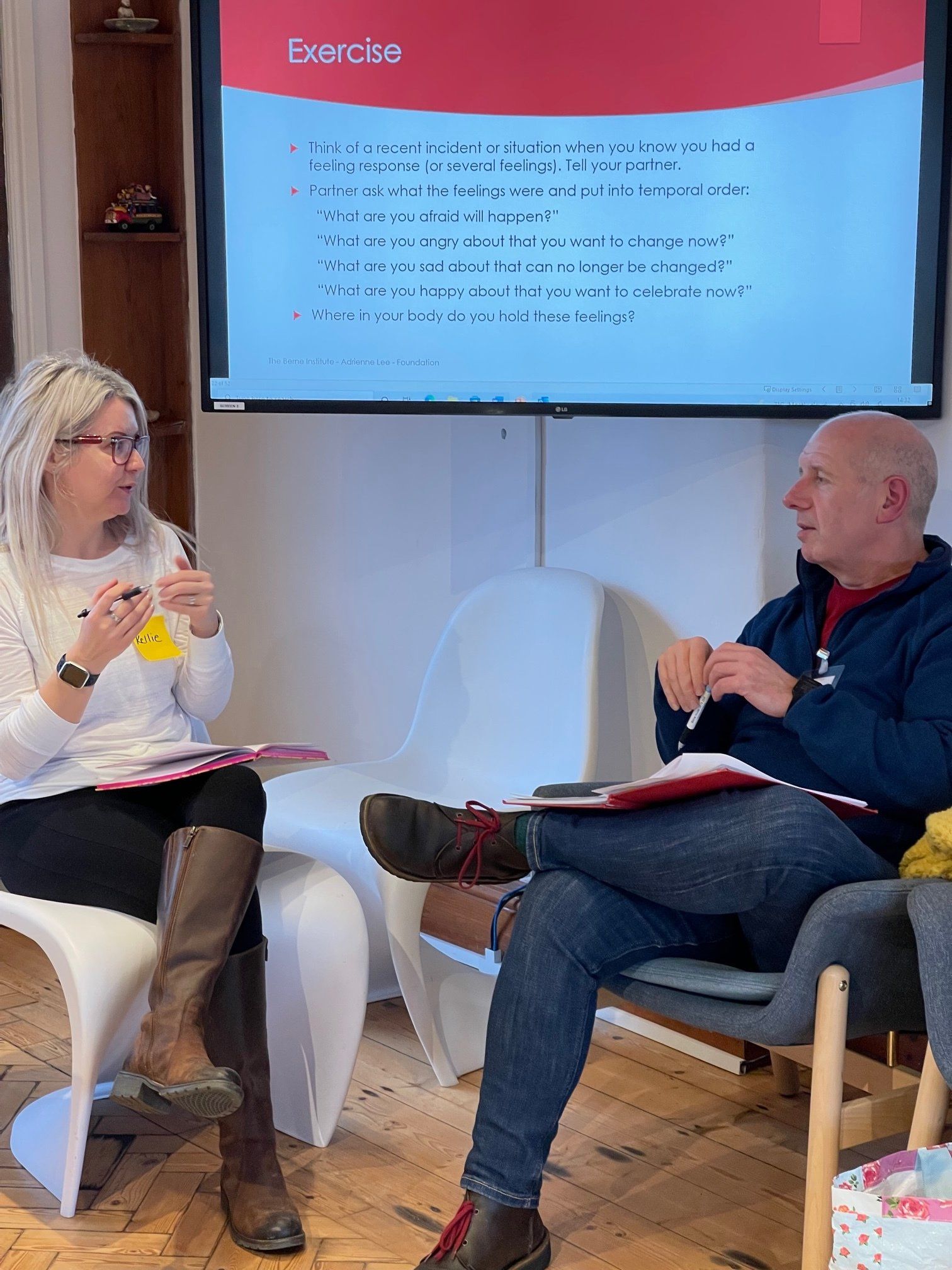
Slide title
Write your caption hereButton
Slide title
Write your caption hereButton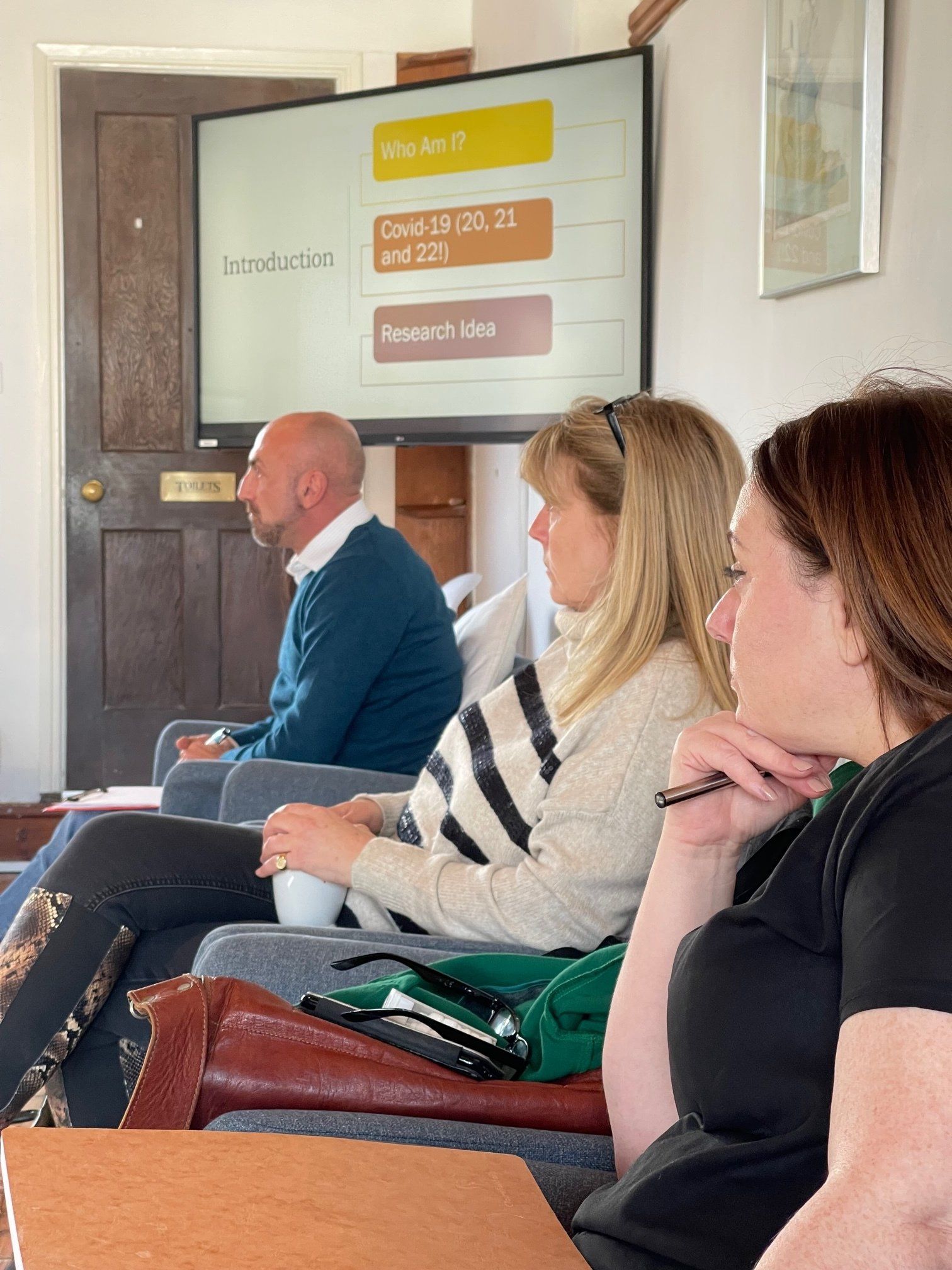
Slide title
Write your caption hereButton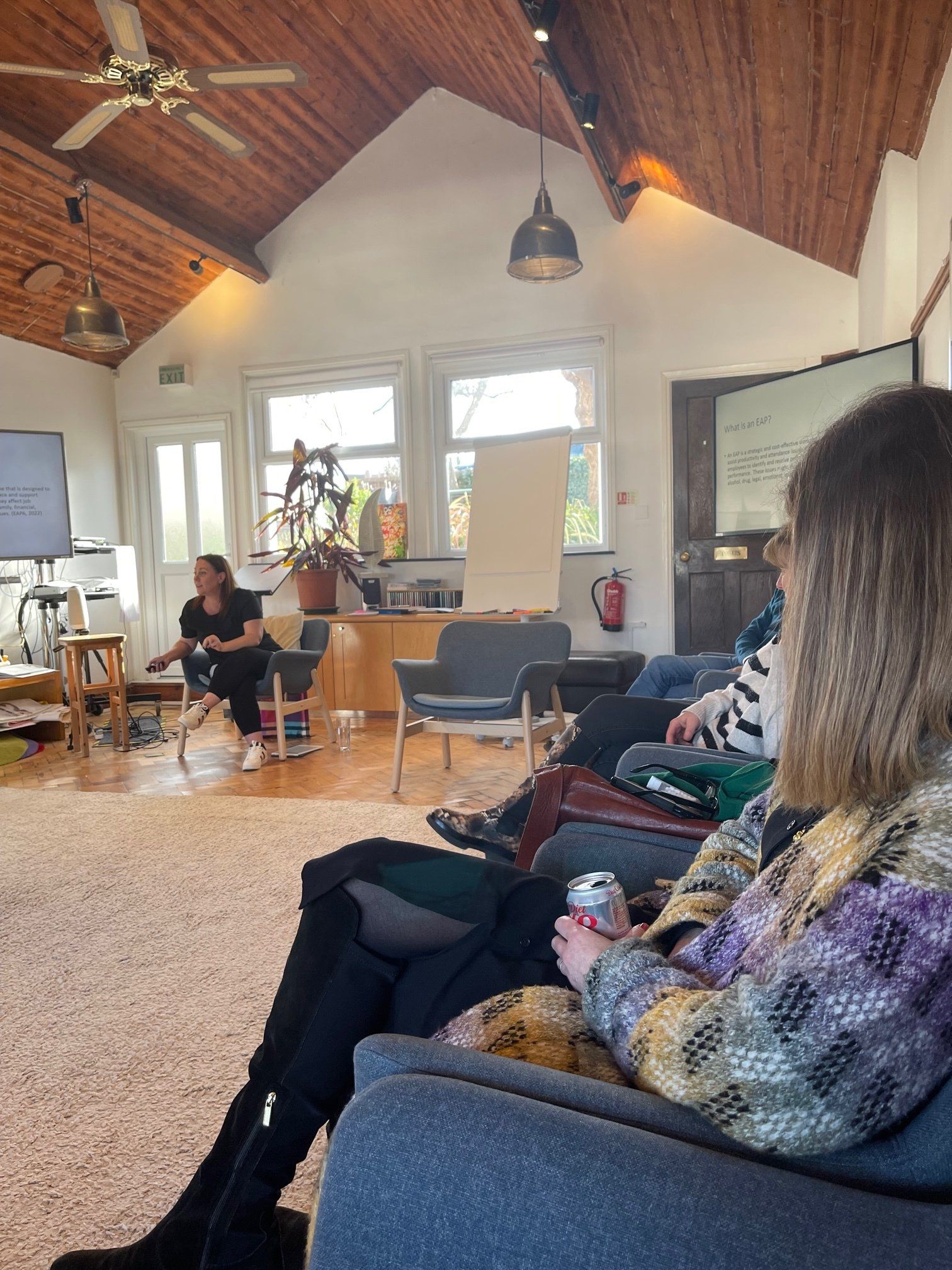
Slide title
Write your caption hereButton
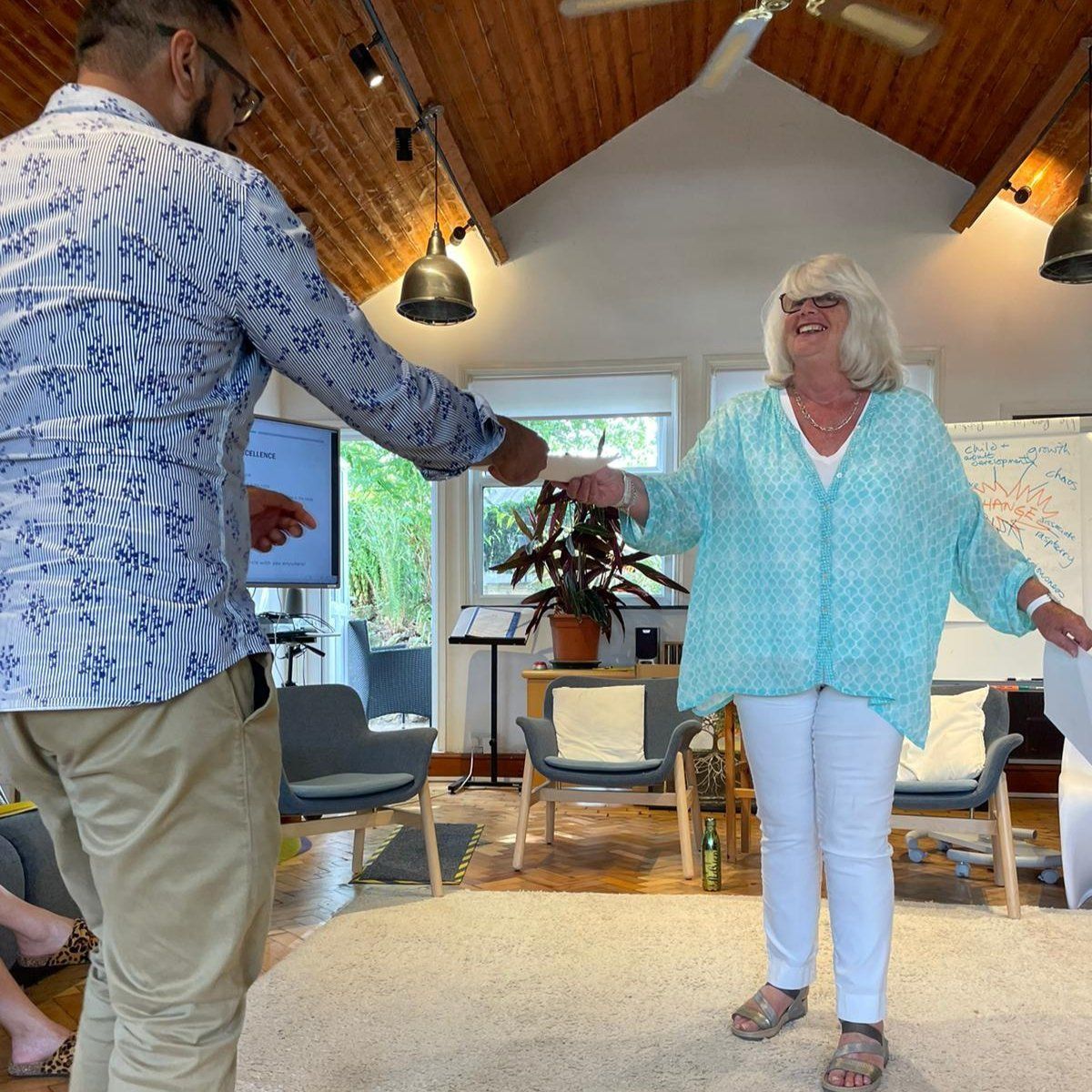
Slide title
Write your caption hereButtonSlide title
Write your caption hereButton
Slide title
Write your caption hereButtonSlide title
Write your caption hereButton
Slide title
Write your caption hereButton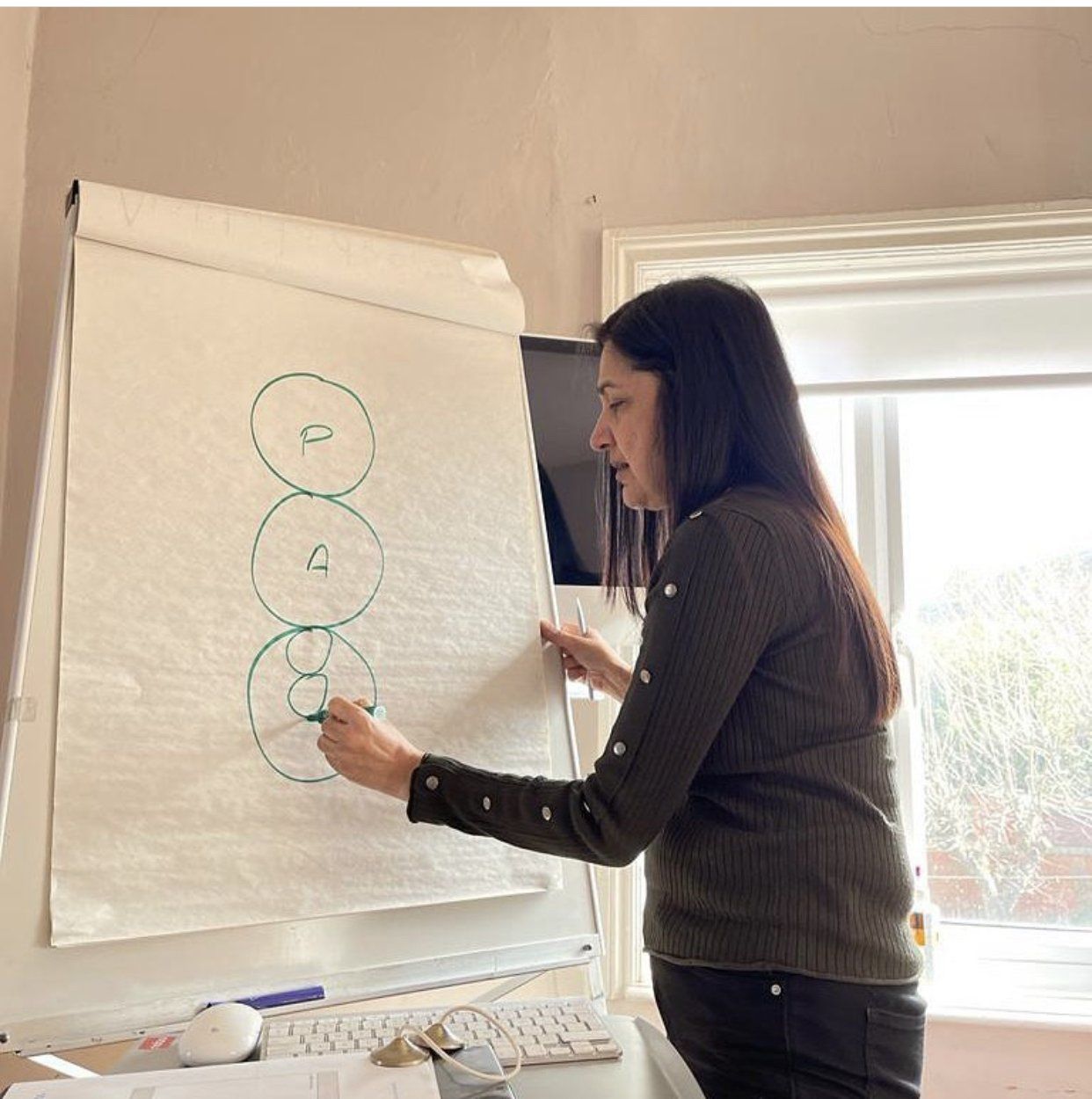
Slide title
Write your caption hereButtonSlide title
Write your caption hereButton
CONTACT US
The Berne Institute
Berne House
29 Derby Road
Kegworth
DE74 2EN
01509 673649
office@theberne.com


